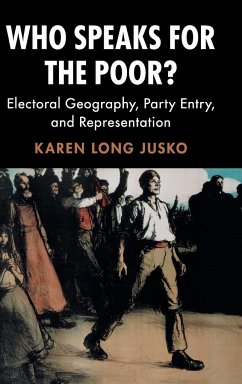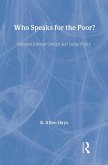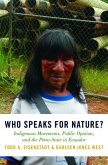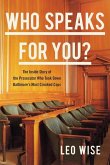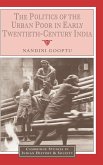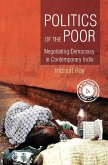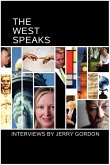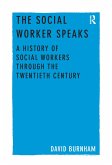Hinweis: Dieser Artikel kann nur an eine deutsche Lieferadresse ausgeliefert werden.
Karen Long Jusko is Assistant Professor of Political Science at Stanford University, California, and an affiliate of the Europe Center and the Center for the Study of Poverty and Inequality. She received her Ph.D. from the University of Michigan and was a Fellow at the Center for the Study Democratic Politics at Princeton University and a National Hoover Fellow. Jusko has received research support from the National Science Foundation as part of a European Science Foundation Collaborative Research Program. Who Speaks for the Poor? builds on graduate research that received the Harold D. Laswell Prize for the best dissertation in the field of public policy from the Policy Studies Organization and the American Political Science Association Public Policy Organized Section.
1. Who speaks for the poor?
2. How electoral geography matters
3. New parties and the changing electoral geography of contemporary democracies, 1880-2000
4. The populists and 'third-party men' in America
5. Canadian electoral geography and the strategic entry of the CCF and social credit
6. The implications of electoral geography for British Labour
7. The Swedish Social Democratic Party, and the long-term implications of electoral reform
8. 'It didn't happen here': the general implications of electoral geography for the political representation of the poor.

